- 5739
- 0
Sharing Ideas and Updates on LPG in Nigeria and related information to enable effective collaboration within the LPG Value Chain
Challenges And Opportunities In The Distribution Network Of LPG In Nigeria.
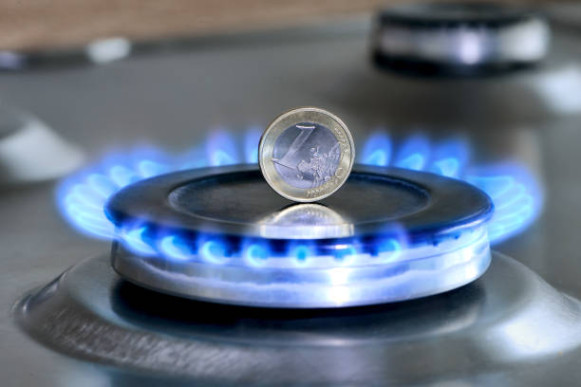
Challenges and Opportunities in the Distribution Network of LPG in Nigeria.
In the Nigerian LPG industry, the distribution network plays a crucial role in ensuring the availability and accessibility of liquefied petroleum gas to consumers across the country. However, this network faces several challenges that hinder its efficiency and effectiveness. Exploring these challenges and identifying opportunities for improvement can contribute to the growth and development of the LPG industry in Nigeria.
One significant challenge in the distribution network is the inadequate infrastructure for LPG storage and transportation. Insufficient storage facilities result in limited supply capacity, leading to irregular availability of LPG in certain regions. Additionally, the lack of proper transportation infrastructure, such as pipelines and dedicated LPG terminals, poses logistical challenges and increases transportation costs.
Another challenge is the safety and regulatory compliance in the distribution of LPG. Ensuring strict adherence to safety standards and regulations is crucial to prevent accidents and ensure the well-being of both industry stakeholders and consumers. The enforcement of safety protocols, proper training of personnel, and regular inspection of storage and distribution facilities are essential to mitigate risks.
Furthermore, the issue of affordability and pricing of LPG remains a concern. The cost of LPG, including taxes and levies, can significantly impact consumer demand and market growth. Exploring avenues for reducing the overall cost of LPG, such as reviewing taxation policies and promoting the use of efficient distribution channels, can make LPG more affordable and accessible to a wider population.
However, amidst these challenges, there are also opportunities to enhance the distribution network and drive industry growth. One potential opportunity lies in expanding the infrastructure for LPG storage and transportation. Investing in additional storage terminals, improving road networks, and exploring the possibility of pipeline networks can help create a robust distribution system capable of meeting the increasing demand for LPG.
Moreover, leveraging technology and innovation can optimize the distribution process. Implementing advanced monitoring systems, remote tracking of LPG cylinders, and digital platforms for order placement and delivery tracking can streamline operations, improve efficiency, and enhance customer experience.
Collaboration among stakeholders, including government agencies, industry associations, distributors, and retailers, is vital in addressing the challenges and capitalizing on the opportunities in the distribution network. Establishing partnerships and forums for knowledge sharing, capacity building, and policy advocacy can foster a more conducive environment for the LPG industry to thrive.
In Nigeria, several agencies and key players contribute to the distribution network of LPG (liquefied petroleum gas) and play a significant role in shaping its operations. These entities ensure the smooth flow of LPG from the production facilities to end consumers. Let's explore some of the key players and agencies involved:
Nigerian Midstream and Downstream Petroleum Regulatory Authority (NMDPRA): The NMDPRA is the regulatory body responsible for the oversight and regulation of the oil and gas industry in Nigeria. They ensure compliance with safety standards, issue licenses and permits, and monitor the activities of LPG distributors and retailers.
Nigerian National Petroleum Corporation Limited (NNPCL): As the state-owned oil corporation, it has transitions from a government-owned corporation to a profit-making oil company. The NNPCL plays a vital role in the LPG distribution network. It operates LPG production plants, storage facilities, and filling plants, and also engages in importation and distribution activities.
Nigerian Gas Company (NGC): A subsidiary of the NNPC, NGC focuses on gas transportation and distribution. They own and operate gas pipelines that transport LPG and other natural gas products across the country, contributing to the infrastructure for the distribution network.
Nigerian Liquefied Natural Gas (NLNG): NLNG is a major player in the Nigerian LPG industry. They produce and export LPG, ensuring a steady supply for the domestic market. Their activities contribute to the availability and accessibility of LPG within the distribution network.
LPG Retailers and Distributors: These entities are responsible for the distribution of LPG to end consumers. They include independent retailers, marketing companies, and distributors who operate storage facilities, filling plants, and delivery services. They play a crucial role in ensuring the last-mile delivery of LPG to households, businesses, and industries.
Nigerian LPG Association (NLPGA): NLPGA is an industry association that represents the interests of LPG stakeholders in Nigeria. They collaborate with government agencies, advocate for policy reforms, provide training and capacity building programs, and promote safety standards and best practices in the LPG distribution network.
LPG Transporters: Transporters, including trucking companies and logistics providers, play a crucial role in the distribution network. They transport LPG from production plants, import terminals, or storage facilities to filling plants, retailers, and end consumers. They ensure safe and efficient transportation of LPG across different regions.
Gas Terminal Operators: These operators manage LPG storage terminals and filling plants, where LPG is stored and distributed to retailers and distributors. They ensure the availability of LPG in different locations, coordinate refilling operations, and maintain safety standards at their facilities.
The coordination and collaboration among these agencies and key players are essential to ensure an efficient and reliable distribution network for LPG in Nigeria. Their efforts in regulatory compliance, infrastructure development, production, transportation, and retailing contribute to the availability, accessibility, and safety of LPG for consumers across the country.
The distribution network of LPG in Nigeria faces challenges related to infrastructure, safety, affordability, and regulatory compliance. However, these challenges also present opportunities for improvement and growth. By addressing these challenges and capitalizing on the opportunities through infrastructure development, safety enhancements, affordability measures, and technological innovations, the Nigerian LPG industry can strengthen its distribution network and meet the increasing demand for clean and efficient energy sources.
Let us hear what you think, especially if you are a key player in the industry.





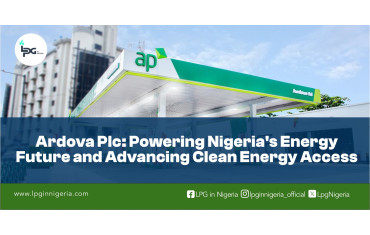
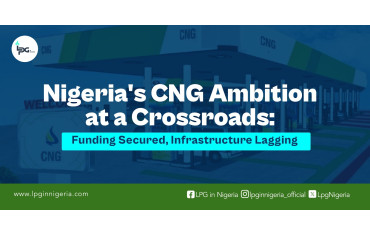
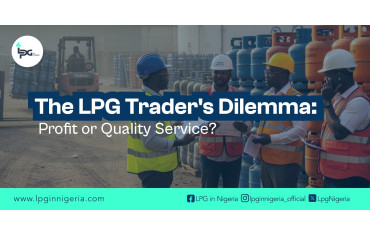

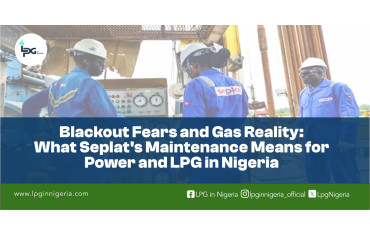
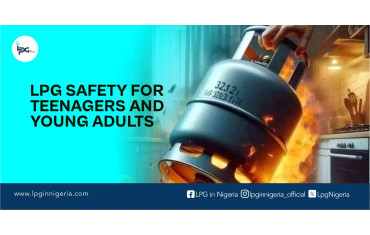





0 Comment.